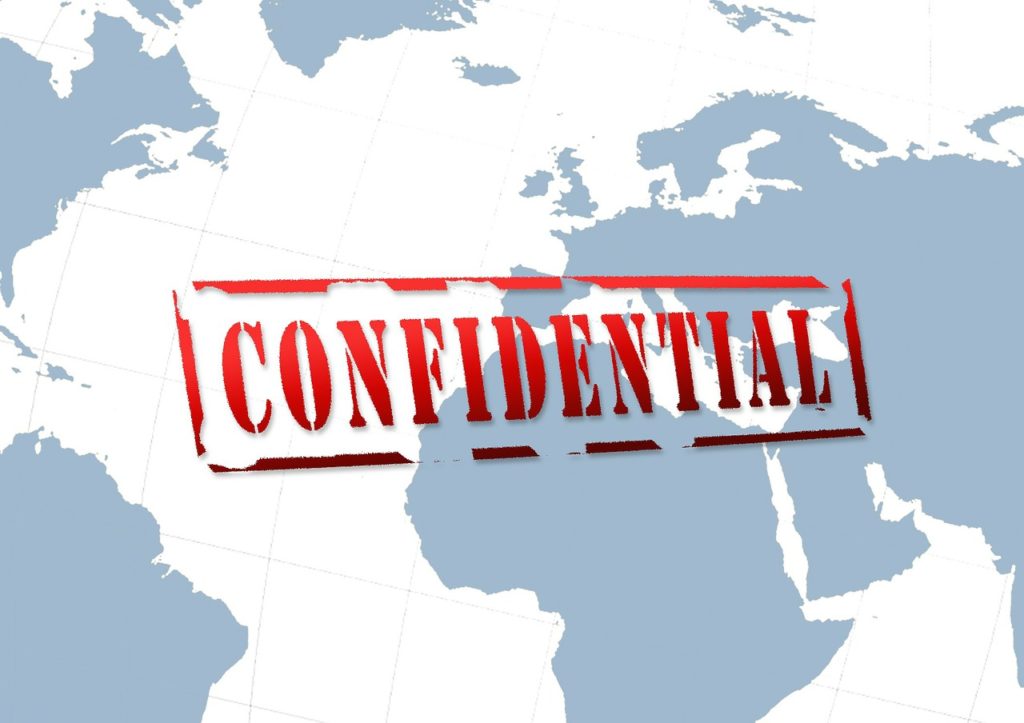How to Protect Your IP with International NNN Agreements
If you are a US company that wants to do business with a foreign company, you may need to share some of your intellectual property (IP) with them. This could include your trade secrets, designs, prototypes, formulas, or other confidential information. However, sharing your IP can also expose you to the risk of losing it. The foreign company may copy, misuse, or leak your IP to your competitors or customers. Even worse, they may use your IP to compete with you.
How can you prevent this from happening?
One way to protect your IP is to require that the foreign company sign an international NNN agreement before you disclose any confidential information. An NNN agreement stands for non-disclosure, non-use, and non-circumvention. It is a type of contract that prevents the other party from revealing, using, or bypassing your IP without your permission. It also prevents them from using your IP to compete with you or disclose it to anyone.
An NNN agreement is similar to a non-disclosure agreement (NDA), but it provides more comprehensive protection for your IP. An NDA usually only prevents the other party from revealing your confidential information to third parties, while an NNN agreement also prevents them from using your information to compete with you or bypass you to your own customers or suppliers.
For example, suppose you are a US company that has developed a new technology for making solar panels. You want to find a manufacturer in Vietnam that can produce them for you at a lower cost. You sign an NDA with the Vietnamese company and send them your specifications and samples. However, the Vietnamese company uses your information to make its own solar panels and sells them directly to your customers in the US and Europe. They also share your information with their Chinese parent company who does the same thing. This is a nightmare scenario for any IP owner.
An NNN agreement can help you avoid this situation by prohibiting the Vietnamese company from using your information for any purpose other than manufacturing for you. It also prohibits them from circumventing you by contacting or selling to your customers or suppliers. If they breach the NNN agreement, they will have to pay you a specified amount of damages, which is a reasonable estimate of the harm caused by their violation. NNN agreements are especially important when dealing with companies in most Asian and Latin American countries.
An NNN agreement is not always needed, and it is often merely an adjunct for other IP protection measures, such as registering your trademarks, patents, and copyrights in the relevant countries, or having a country-specific. It is also often not a permanent solution, as you may need to enter into more detailed contracts later on, such as product development agreements or manufacturing contracts. See International Manufacturing Contracts: The Basics. However, an NNN agreement is often a vital first step in protecting your IP when you start discussions with a potential business partner.
I mention all this because I’m seeing a worrying trend of companies that get an NNN Agreement when one is either not called for or when something better and less expensive would have given them considerably more protection. These NNN Agreements are either worthless to them or irrelevant to their existing problem. I cannot tell you how many times I have had to tell someone that whatever they spent on their NNN Agreement was wasted because that was never what they needed. NNN agreements are often needed and important, but they are not a panacea, and they often are more expensive and less effective than what is really needed. I am going off on this because there are a ton of solo online lawyers out there churning out these agreements, needed or not. For more on this, check out China Contract Drafting Scams: From Bad to Much Worse.
What to do AFTER Your International NNN Agreement is Signed
We also are frequently getting called to help a company that has failed to act in accordance with its own NDA or NNN Agreement because it was never told otherwise by their lawyer. I thought about this the other day when I reviewed the following fairly standard email we send to our clients for whom we have drafted an international NNN Agreement:
We attach our NNN Agreement and an Acknowledgment of Receipt for the confidential information and in the email we remind our client of the need to abide by the NNN agreement. Abiding by the agreement in most cases means being clear to the foreign company about what information is confidential and making sure to maintain the confidentiality of that information with everyone who has not signed an NNN Agreement. Here is that email:
For your review, attached please find the international NNN Agreement you requested, along with a separate Acknowledgment of Receipt to track the confidential information you send. Both documents are fully translated into [the language of the opposing party.
Note that executing this agreement is just the first step in protecting your IP. It is also important for everyone on your team to act in accordance with this NNN agreement. If you share confidential information with your counterparty, be sure to mark that information as confidential, keep track of it, and take measures to ensure it will remain confidential.
The email then usually includes more “how to act” information, tailored to the particular client and its situation.
The above are some pretty basic rules for NNN Agreements and confidentiality. Be sure you follow them.

























